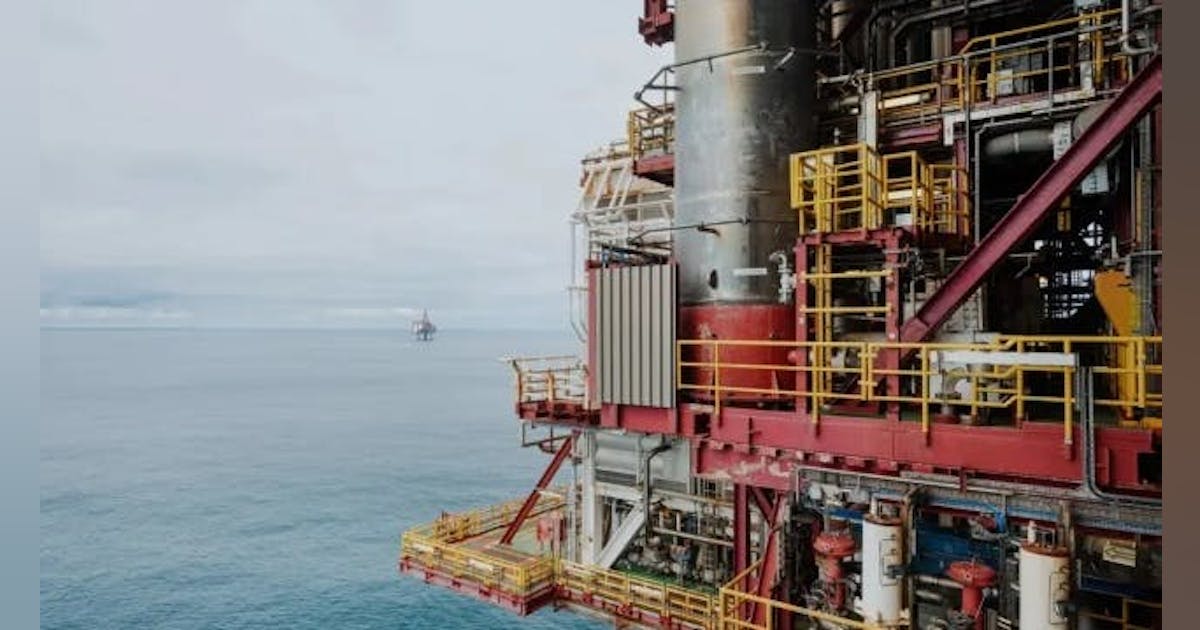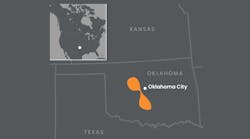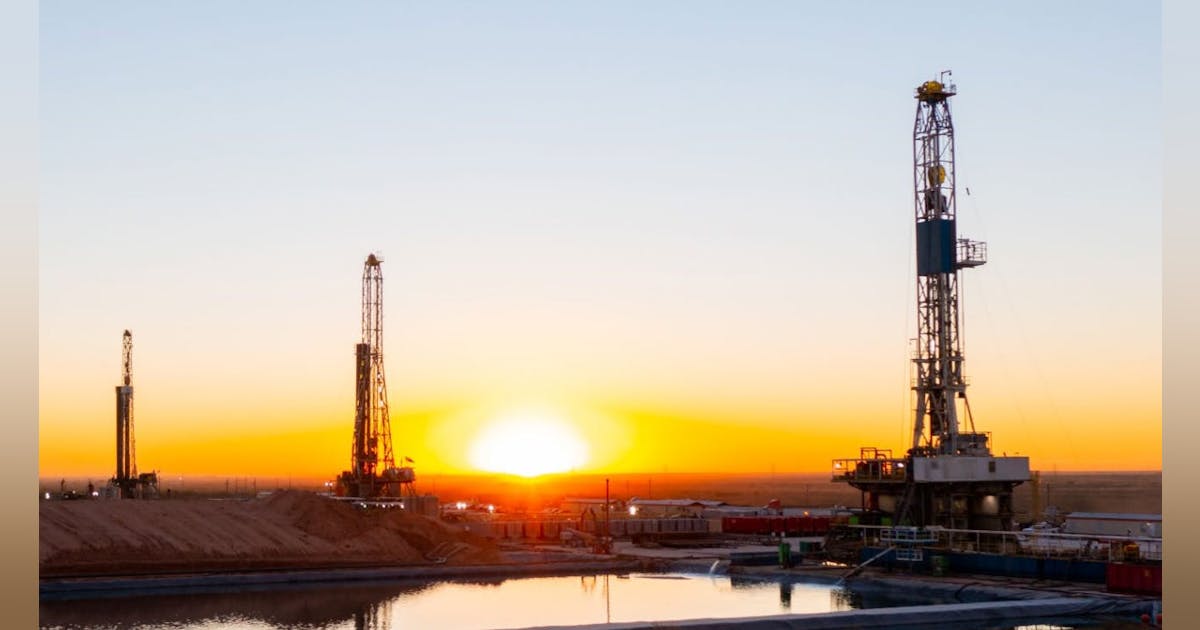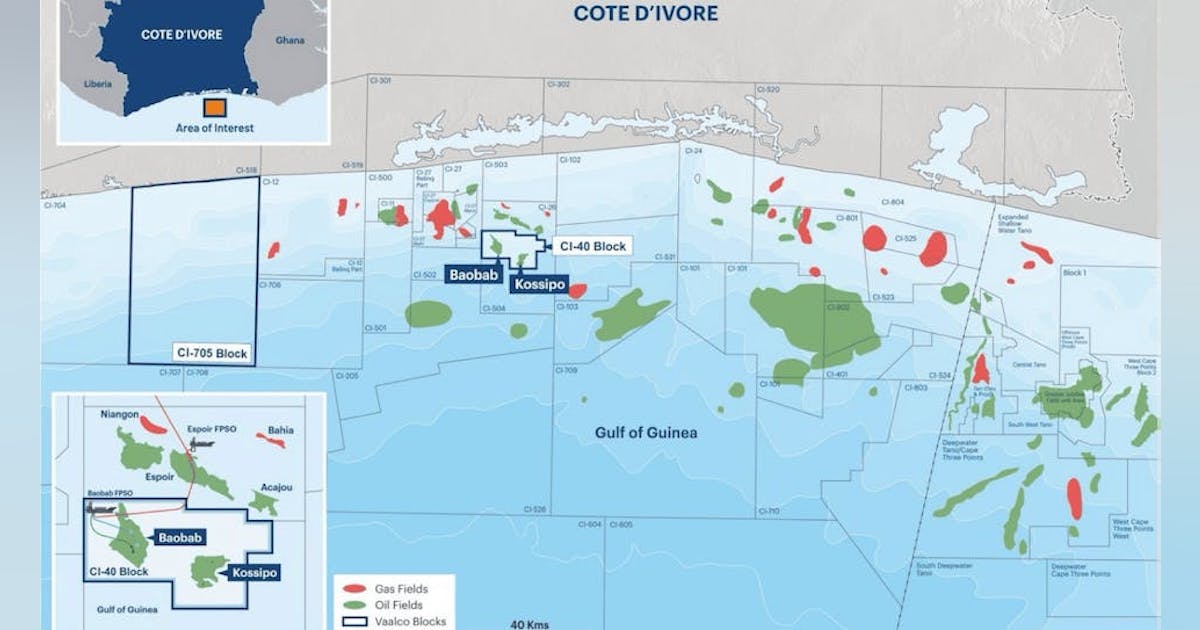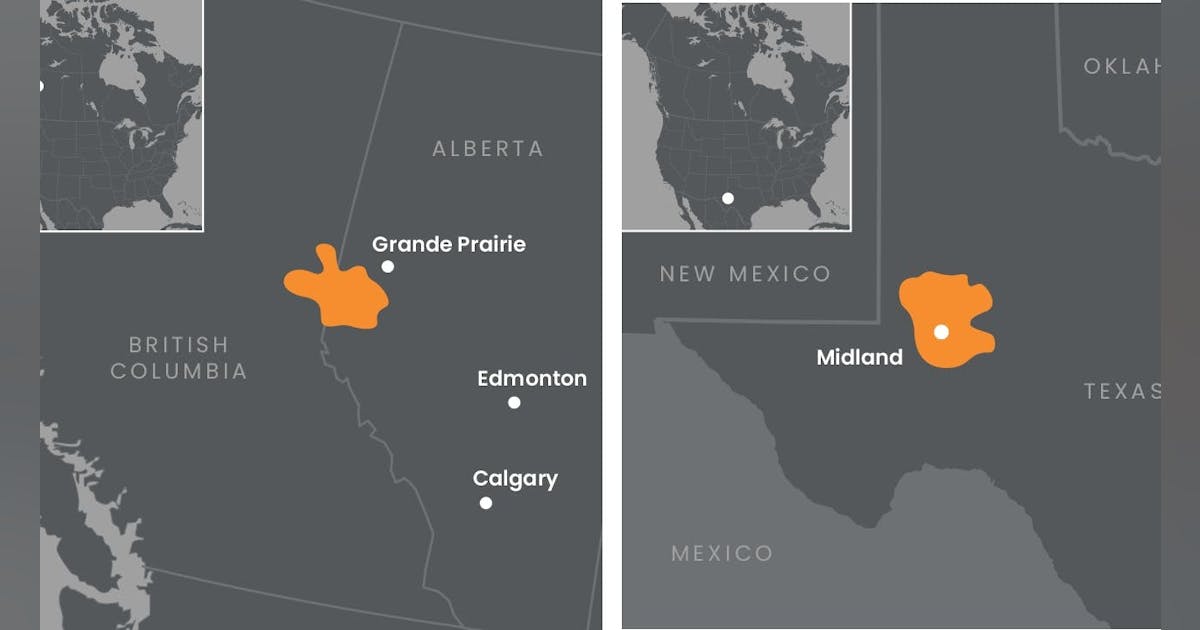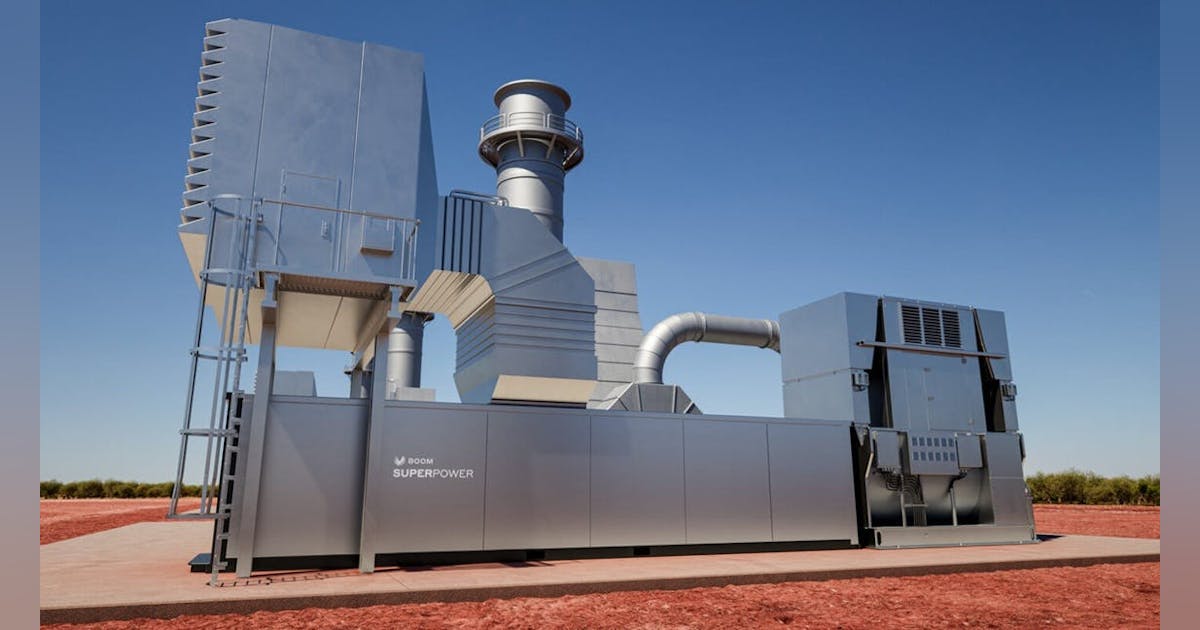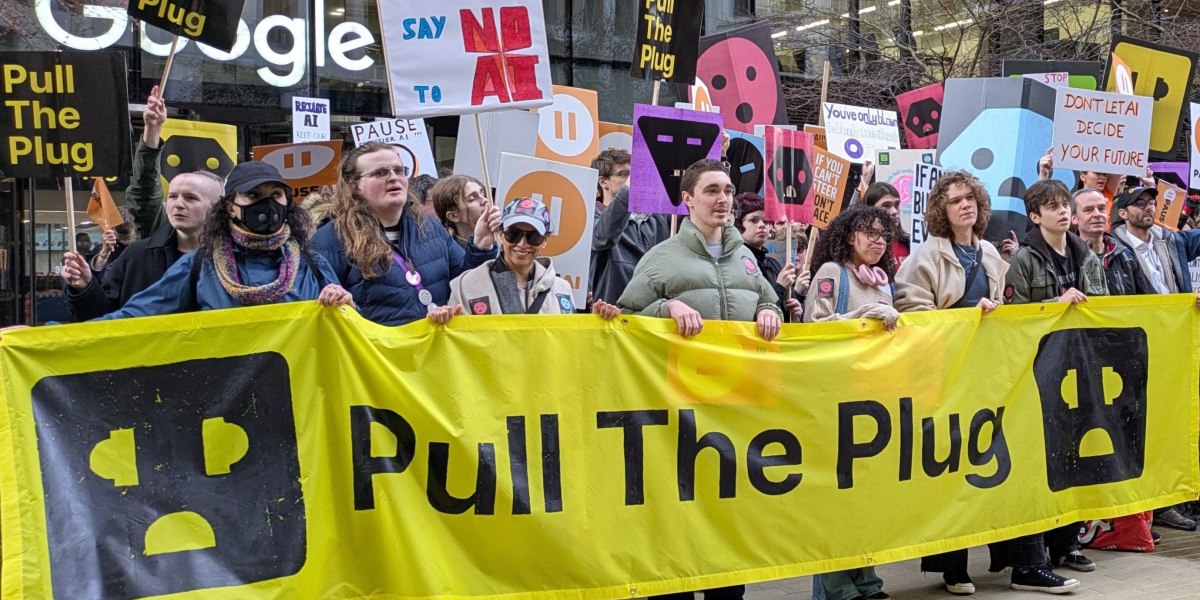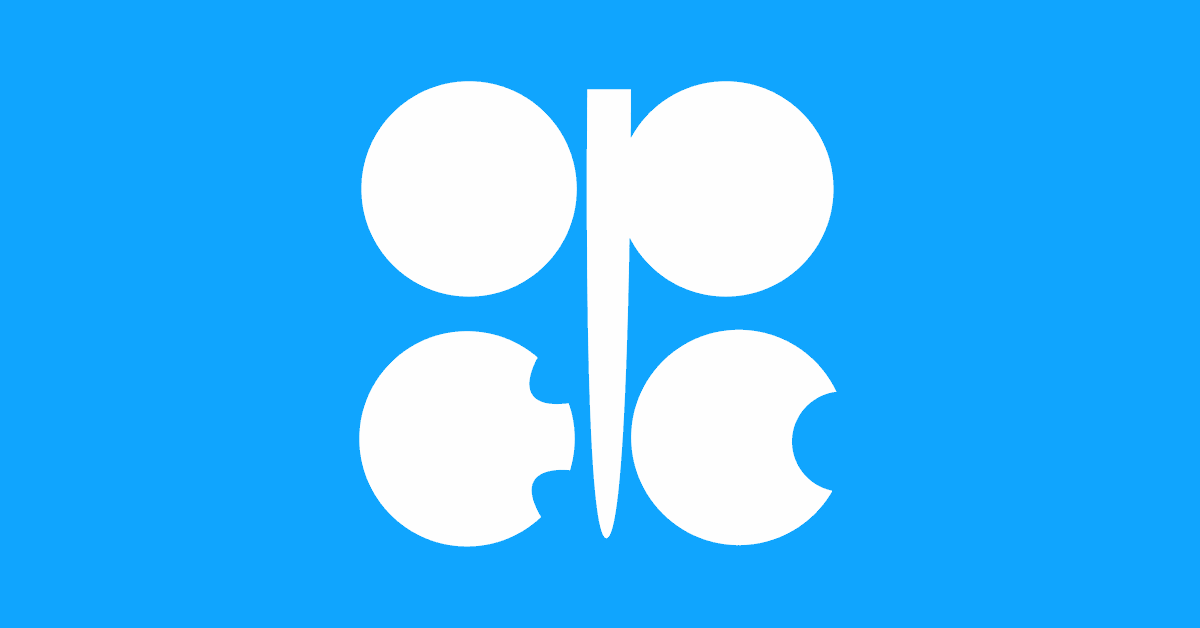
In a statement posted on its website recently, OPEC said it “welcomes the decision approved … by the National Energy Council of the Federative Republic of Brazil (CNPE) that formally paves the way for the participation of Brazil as a Member of the Charter of Cooperation (CoC) between oil producing countries”.
OPEC noted in its statement that the decision comes after an initial announcement made by Alexandre Silveira, Minister of Mines and Energy of Brazil, at the 36th OPEC and non-OPEC Ministerial Meeting on November 30, 2023. OPEC highlighted in its statement that “this followed the historic official visit of HE Haitham Al Ghais, OPEC Secretary General, to Brazil in October 2023 – the first ever by an OPEC Secretary General to the South American nation”.
“Under the able leadership and efforts made by HRH Prince Abdul Aziz bin Salman Al Saud, Saudi Arabia’s Minister of Energy, and Chairman of the OPEC and non-OPEC Ministerial Conference, several visits and high-level bilateral meetings took place throughout 2024, which culminated into … [this] significant announcement,” the OPEC statement said.
A statement posted on OPEC’s website on November 30, 2023, noted that the 36th OPEC and non-OPEC Ministerial Meeting “welcomed HE Alexandre Silveira de Oliveira, Minister of Mines and Energy of the Federative Republic of Brazil, which will join the OPEC+ Charter of Cooperation starting January 2024”.
In its latest statement, OPEC highlighted that the Charter of Cooperation was established in July 2019 and said it “provides a platform to facilitate dialogue and exchange views regarding conditions and developments in the global oil and energy markets”.
“The goal is to contribute to a secure energy supply and lasting stability for the benefit of producers, consumers, investors and the global economy,” OPEC noted in the statement.
Rigzone contacted Brazil’s ministry of mines and energy (MME) for comment on OPEC’s statements.
In response, an MME spokesperson directed Rigzone to a statement posted on MME’s site, which was translated from the original Portuguese, and which stated that “the country reinforce[d]… its importance at a global level by joining the International Energy Agency (IEA) and the International Renewable Energy Agency (IRENA), in addition to participating in the Charter of Cooperation between Oil Producing Countries (CoC)”.
“When it comes to the Cooperation Charter between Oil Producing Countries (CoC), Brazil shows its growing relevance in the oil and gas market, in addition to positively influencing the global energy transition agenda,” the statement noted.
“The MME can promote discussions on the use of clean and alternative technologies for financing decarbonization projects,” it added.
“It is important to highlight that the Cooperation Charter does not provide for the participation of countries in decisions aimed at cutting oil production. The Charter also does not limit or affect Brazil’s right to sovereignty over the exploration and management of its natural resources,” it continued.
A statement posted on OPEC’s website in October 2023 announced that Al Ghais was presented “with the highest rank of the Order of Rio Branco (rank: Grand Cross) of the Federative Republic of Brazil, in recognition of his distinctive achievements in the fields of energy and international cooperation, as well as the exceptional efforts exerted to promote dialogue and cooperation between OPEC and non-OPEC oil-producing countries in the interest of stability in the global oil market”.
OPEC member countries comprise Algeria, Congo, Equatorial Guinea, Gabon, Iran, Iraq, Kuwait, Libya, Nigeria, Saudi Arabia, United Arab Emirates, and Venezuela, the organization’s website shows.
The organization was founded in Baghdad, Iraq, with the signing of an agreement in September 1960 by Iran, Iraq, Kuwait, Saudi Arabia, and Venezuela, OPEC’s site notes.
The site states that Ecuador suspended its membership in December 1992, rejoined OPEC in October 2007, but decided to withdraw its membership of OPEC effective January 1, 2020. It adds that Indonesia suspended its membership in January 2009, reactivated it again in January 2016, but decided to suspend its membership once more at the 171st Meeting of the OPEC Conference on November 30, 2016.
The site also notes that Qatar terminated its membership on January 1, 2019, and that Angola withdrew its membership effective January 1, 2024.
Several countries come under the OPEC+ banner, OPEC’s site shows. These include Russia, Kazakhstan, Azerbaijan, and Mexico, the site highlights.
The next meeting of the joint ministerial monitoring committee is scheduled to be held on April 5 and the next OPEC and non-OPEC Ministerial Meeting is scheduled to be held on May 28, according to OPEC’s site.
To contact the author, email [email protected]






